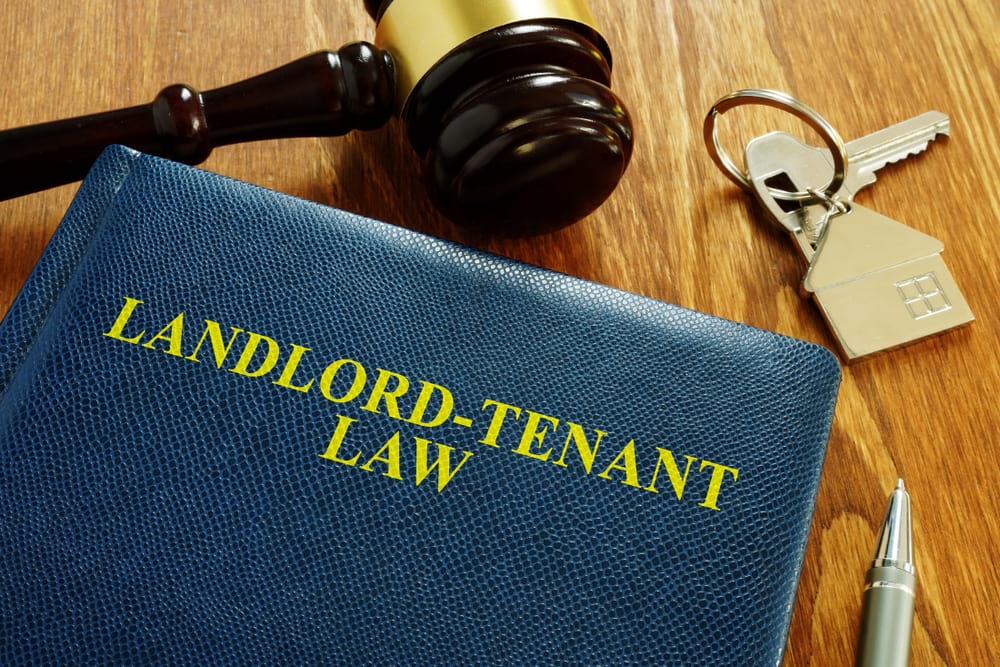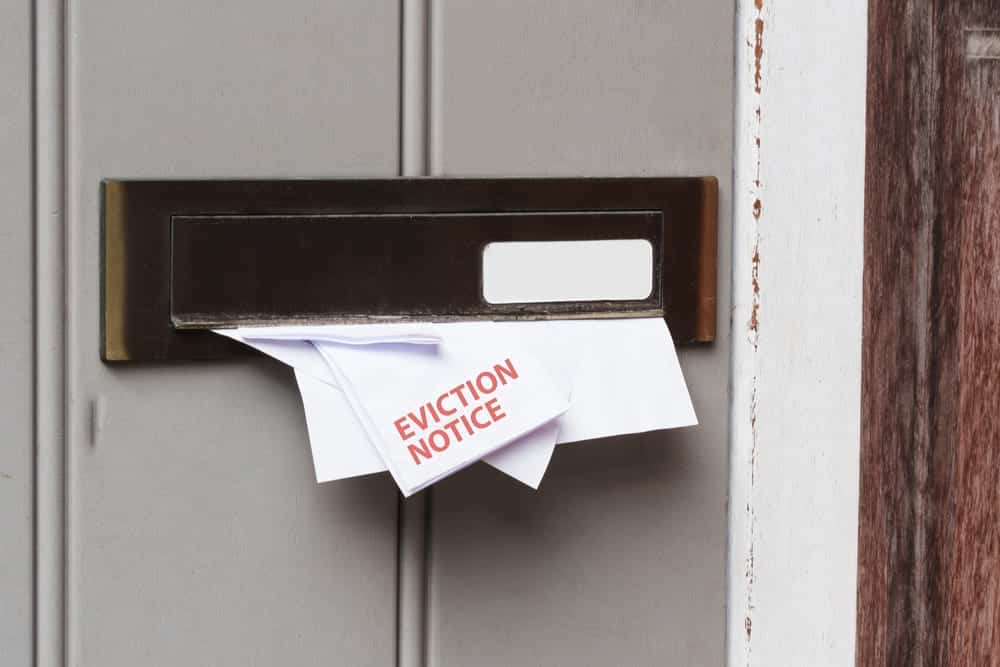Letting out a property is not a ‘passive’ way to make money.
There is a lot of work involved and many laws to understand.
For example, before selling a house with tenants, you must give them the right amount of notice.
Let’s look at how long this notice period is and what conditions it includes.
Can I sell a house with sitting tenants?
Yes, you can sell your house with tenants still living there.
However, there are processes you need to follow to respect their rights. For example, you should:
- Give tenants advance notice that you are selling the property
- Give at least 24 hours notice before every viewing
Who can you a house with tenants to?
Selling a house with tenants on the open market can be difficult.
Most buyers want to live in the home they purchase. So, vacant properties almost always sell for more money than properties with tenants.
However, property investors and cash-buying companies are more likely to be interested in tenanted properties. You could contact them directly or sell to them at a property auction.
On the other hand, some buyers view sitting tenants as a good thing (provided they aren’t troublesome).
This is because it gives them an instant income, saving time searching for tenants.
Do I need to give a reason to evict my tenants?
Generally, you must provide a valid reason for terminating a tenancy early.
Notices can be categorised in two main ways.
Section 8 notice
It will usually happen alongside a Section 8 eviction note, in which you can give between 2 weeks’ and 2 months’ notice.
This depends on which specific terms they’ve broken. Common examples include:
- They have fallen into rent arrears (i.e. are not meeting their payments)
- A pet is being kept in the house when the tenancy agreement says this is not allowed
- Damage has been done to the property
- Neighbours have made multiple complaints that the tenant is a nuisance
- Furniture has been sold, stolen, or misused
Section 21 notice
If your renter is approaching the end of their tenancy or if it is ‘periodic’ (open-ended), you do not need to give them a valid reason.
In these cases, you can provide them with a Section 21 notice. This gives them approximately 2 months to move out of the home.
Can I cancel an Assured Tenancy?
In the United Kingdom, an Assured Tenancy (AT) means that the renter can live there for the rest of their life if they wish. The landlord has no right to evict the tenant in this situation.
However, property owners might want to revoke the Assured Tenancy under certain conditions…
For example, if they have inherited a property under an Assured Tenancy. Or the renter is misbehaving.
But is this something the property owner can legally do?
Your written tenancy agreement with the renter should guide what you can and cannot legally do.
Usually, the Assured Tenancy agreement will clearly outline the renter’s ability to live there indefinitely. In this case, your options could be limited.
If the contract does not mention this, you may be able to reach an agreement with your tenant.
This is why properties with a sitting renter (under an Assured Tenancy) sell for much less on the open market.
Do I need to tell my tenant that I am selling?
Yes, you must inform your tenant that you are selling the house.
This will typically be done by letter or email so both parties have it in writing.
Some landlords even offer their renters first refusal on the property, although this is not mandatory.
If you want to sell your house without any tenants in situ (but you have no right to evict them), offering them a financial incentive could help.
This can give them the time and money to find a new place, enabling you to sell for a significantly higher price (because your property is now empty).
However, your tenant has the right to refuse this offer.
Can I carry out viewings with sitting tenants?
Yes, although your tenants must be informed at least 24 hours before any viewings take place.
You must be at the property for all showings.
As the landlord, you are entitled to a copy of your property’s key. But you cannot give the keys to a prospective buyer and allow them to walk around freely.
What am I allowed to do with a problem tenant?
If your tenant violates your contract’s agreement, you can serve them with an eviction notice.
This should clearly explain why they are being evicted and outline when they must move out.
If the tenant has not moved out by the date they are legally required to do so, you could call the police, and that individual may then be forcibly removed.
You will need to prove that the renter no longer has a right to be there, though. A court order might be required for this.
Do I need to tell a new buyer that the tenant is problematic?
If you sell a property with a ‘problem tenant’ in situ, you must tell the new buyer about the situation.
Hiding any of these details could be considered a deliberate deception, ultimately impacting the sum they offered for the house. You may, therefore, be liable for damages.
Do landlords have to pay council tax when a property is empty?
Landlords almost always must pay council tax when a property is empty.
Some exemptions to council tax for landlords exist.
For example, for properties deemed unlivable need serious structural repairs.
Or when a recently inherited property remains unoccupied, a six-month grace period often exists.
What’s the fastest way to sell a tenanted property?
If you want to sell a house with tenants in it, the fastest way to do it is by going straight to We Buy Any Home.
We will buy your house in any condition, regardless of your tenant’s contract or whether they are problematic.
Contact us today for a free, no-obligation offer on your tenanted home.




















